
Long Reads

Support systems are undergoing significant digitisation and automation under the banner of efficiency. Privacy International calls for the impacts of these innovations on the rights of people with disabilities to be comprehensively assessed and addressed.
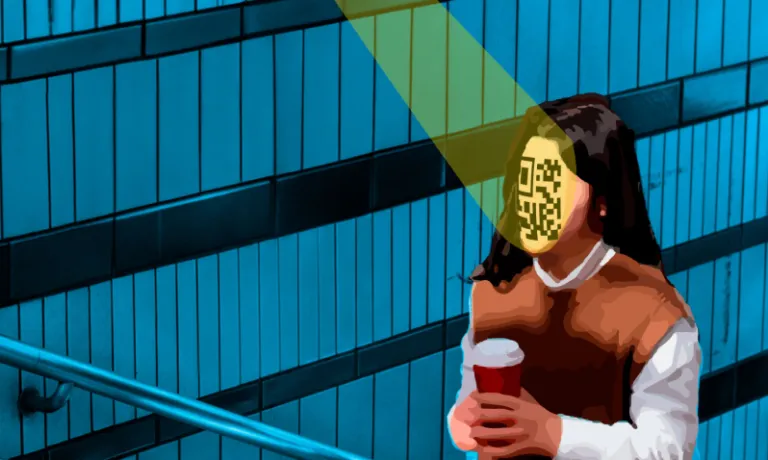
In June 2023, PI conducted a survey of UK MPs through YouGov, which highlighted their startling lack of knowledge of the use of facial recognition technology (FRT) in their own constituencies, inspiring our new campaign about 'The End of Privacy in Public'.

New research from our partners at the Centre for Internet & Society (CIS) reveals Indian health websites and apps are sharing intimate health-related data with third parties such as Facebook and Google.
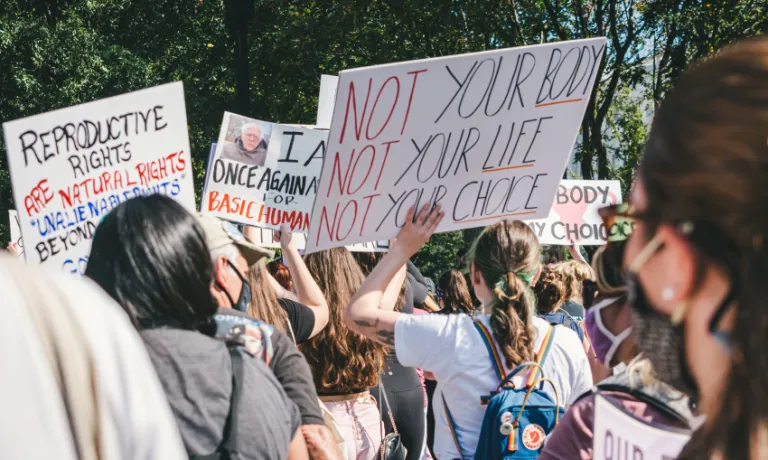
Introduction The 28th of September marks International Safe Abortion Day. It remains a day necessary to mobilise and raise awareness of the continued struggles women and girls face when accessing reproductive healthcare, including


Building on our response to the government’s plans, this piece explains why what they want to do puts every one of us at risk.
In June 2023, the UK government announced its proposal to expand its surveillance powers by
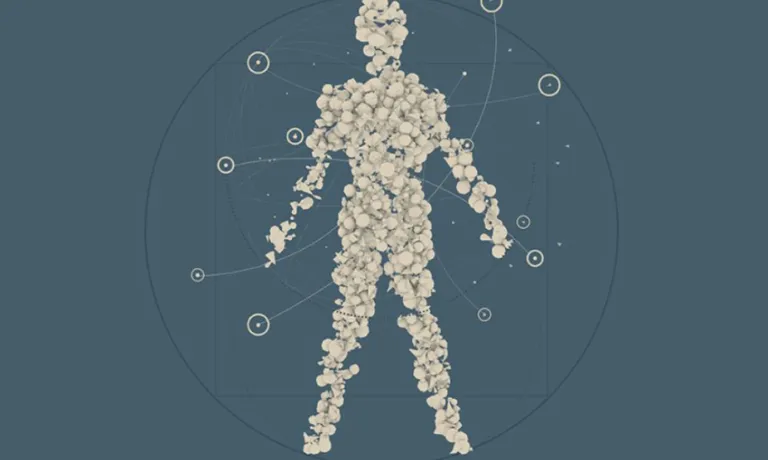
Our 2018 complaint against French AdTech company Criteo led to a €40 million fine for failing to ensure that data subjects had provided their consent to processing, to sufficiently inform them and to enable them to exercise their rights.
Following on from our initial reaction, we answer some questions about the decision below.
Why does this decision matter? Our complaint against Criteo formed part of a larger set of coordinated complaints we filed in 2018 against 7 data brokers (Acxiom, Oracle)
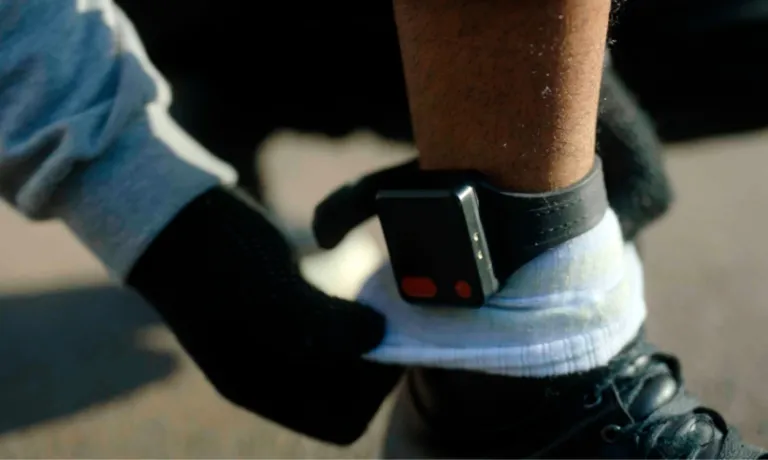
GPS ankle tags are used around the world in the criminal justice and immigration enforcement sectors, to monitor people's location 24/7. How do these tags work? What's the impact on people made to wear them? We've tested some to find out.
With the introduction of GPS tracking of people on immigration bail, the UK has recently put GPS ankle tags, and their potential privacy and security issues, under the spotlight. PI has exposed the intrusive nature and
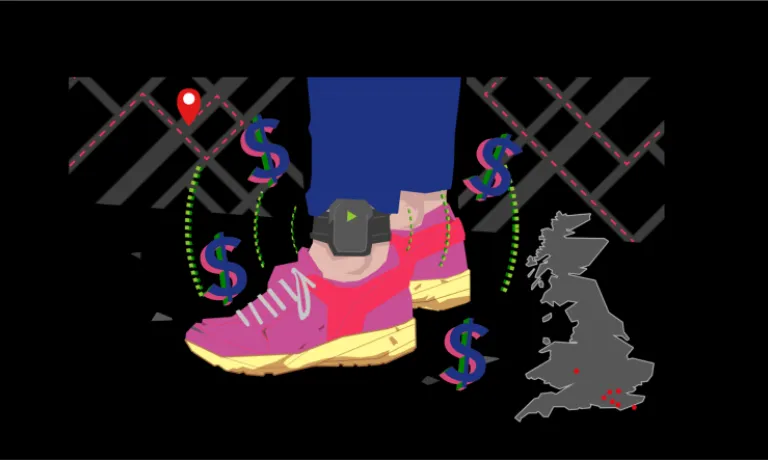
The UK puts migrants under 24/7 GPS surveillance. As usual, private companies are outsourced to deliver this hostile policy - who are they? We've investigated.

Here are a handful of our biggest achievements in 2022.